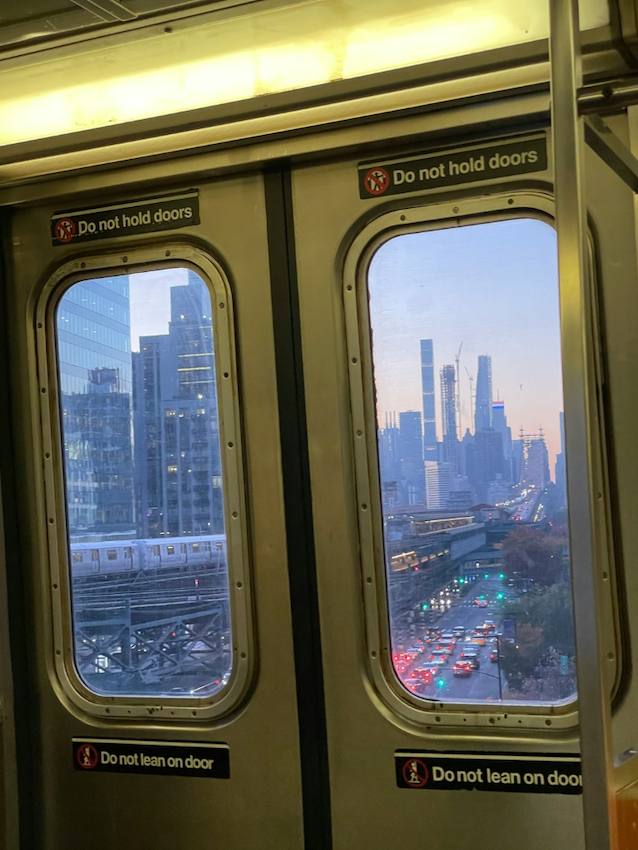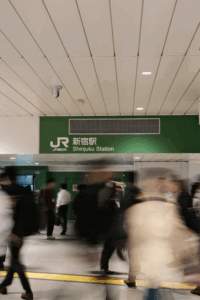[Dramatic Changes in the Japanese-English Bilingual Labor Market in the US] 11. The Korean-American Community in New York and New Jersey
As the Japanese-American community in the U.S. continues to shrink due to declining population and aging demographics, it has become increasingly difficult to find qualified Japanese-English bilingual candidates that meet the expectations of Japanese companies. One Japanese staffing agency even held an event specifically targeting the spouses of corporate expatriates, hoping to encourage them to register as job seekers. It left me with the impression that we’ve reached a new stage in this challenge.

In light of this situation, our firm also began exploring alternative approaches. One idea was to post job advertisements targeting the approximately 250,000 Koreans living in the New York and New Jersey area. We assumed there might be individuals within the Korean community who had lived in Japan and could potentially speak Japanese. Before launching the ads, I went through the stacks of thick Korean-language newspapers found in Korean supermarkets—an impressive volume I haven’t seen with Japanese newspapers in the U.S. for years, possibly since long before the pandemic. It was a powerful visual reminder of the demographic momentum of other ethnic communities in the U.S.

Much like Japanese newspapers in New York, these Korean papers were filled with ads—mostly for real estate and restaurants, as well as for auto repair shops, insurance agents, and lawyers. Many of the advertisers appeared to be sole proprietors or small agencies. However, I noticed something surprising: not a single ad for a recruiting agency. Even in the editions that had classified “Help Wanted” sections, the listed positions were mostly trade or service-related: sushi chefs, landscapers, nail technicians, acupuncturists, massage therapists—skilled trades, but no corporate jobs like those you’d see in a Japanese-language paper.
Seeing this gap, I thought: perhaps this is an opportunity. So we placed a large, 1/4-page advertisement featuring bilingual (Japanese-English-Korean) job listings in logistics, food wholesale, and customer service. But contrary to our expectations, the response was underwhelming.
I have heard that within the Korean-American community, there exists a sharp divide between the small number of elite Korean expatriates and the broader Korean immigrant population—two very distinct worlds with little overlap. Could it be that there are no Japanese-speaking individuals in either group?
In contrast, Japan presents a very different picture. There are a significant number of Japanese companies operating in the U.S., and many Japanese expatriates and residents have access to employment through these businesses. The societal divide between elite professionals and the general Japanese population seems much narrower, with little distinction even in residential areas. It’s a remarkably flat and integrated social structure.
So we are left asking: do Japanese companies in the U.S. have access to the bilingual talent they truly need? Or is such talent simply unavailable?
We continue to welcome and encourage bilingual candidates to register with us.
Written by Masato Fujihara, President
Interesse International Group
Came to New York as an expatriate for an HR company in January 1994. Became independent in 1996 and started own business in defiance of return-to-Japan order by the company. Currently, Interesse International Group has 11 locations in the United States and established a Japanese subsidiary in 2022. With 30 years of knowledge and experience in the HR industry, Interesse International Group delivers practical information to clients.


